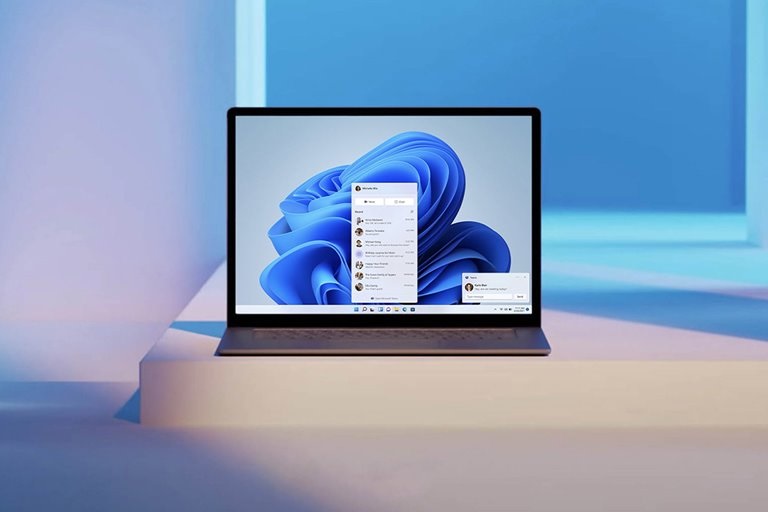Ransomware Has Become One Of The Most Dangerous Malware, And Microsoft Advises Users To Enable The New Feature Of Windows 11 Called Tamper Protection In Windows Defender To Save Users.
In recent years, Microsoft has paid particular attention to Windows security features, and in Windows 10 and 11, a feature called Tamper Protection to counteract ransomware. According to Digitaltrends, Microsoft recommends that users enable the Tamper Protection feature for their system through Windows Defender so that third parties can not tamper with the design, especially when installing applications.
In fact, in the form of Tamper Protection, which is also built into the heart of Windows 11, Microsoft offers a set of features to protect users from ransomware and makes it especially necessary for businesses. Tamper Protection was first released in 2019 and is available for Windows 10 and Windows Server 2022, 2019, and 2016. Microsoft says:
During cyber-attacks, attackers try to disable the security features of your device, such as antivirus, for easier access to your data and malware installation. Tamper protection prevents such a scenario from happening.
Tamper Protection locks the default Windows settings so that they do not change during the installation of programs. These changes are:
- Disable the virus and threat protection option
- Disable real-time protection
- ThenDisable behavior monitoring
- Then Disable antivirus
- Then Disable cloud security
- Delete security intelligence updates
Ransomware is a particular type of malware that attackers use to lock down a user’s system and only return user information if they receive a ransom.
The ransomware has been active since 2013 and is getting more important day by day. One of the problems that make ransomware more challenging to deal with is its resistance to system reset or even replacement of storage memory.
Currently, although antivirus developers have come up with several ways to get rid of ransomware, many experts recommend that the best way to fight ransomware is “prevention.”
Has your user’s system been infected with malware yet? How can you get rid of them, and what is your solution to prevent this malware attack?

